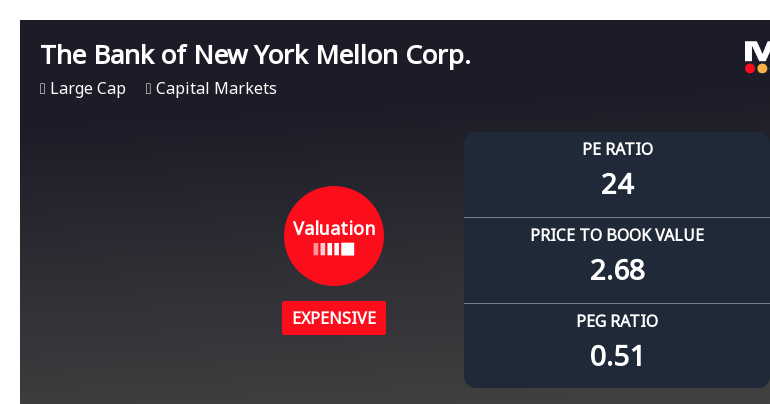New Delhi: The Reserve Bank of India (RBI) is adopting a more cautious approach in its monetary policy as it grapples with the ongoing challenges of inflation and economic growth. Following its recent meetings, the central bank is deliberating adjustments to the repo rate, with implications for borrowers and the Indian economy. This development is vital for financial stakeholders, as it could reshape borrowing costs and bolster or cool down consumer spending.
Understanding the RBI’s Role and Repo Rate Adjustments
The Reserve Bank of India (RBI) plays a pivotal role in maintaining economic stability by regulating monetary policy. One of the key tools in its arsenal is the repo rate, which determines the interest rate at which commercial banks borrow from the central bank. Recently, the RBI has faced heightened pressure to navigate a complex landscape characterized by rising inflation and fluctuating growth rates.
With inflation climbing, the RBI is considering whether to raise the repo rate to control price levels. An increase in this rate tends to make borrowing more expensive for banks, which is often passed on to consumers in the form of higher loan rates. This, in turn, can dampen consumer spending, which is crucial for economic growth.
In its latest review, the RBI expressed concerns about inflation driven by supply chain disruptions and global economic uncertainties. According to the RBI’s internal reports, current inflation rates are hovering above the upper tolerance level of 6%. Such data have prompted discussions around the potential need for adjusting the repo rate in upcoming policy meetings.
The Broader Implications for the Indian Economy
Adjustments to the repo rate have broader implications for the banking sector and the overall Indian economy. Higher borrowing costs can translate into decreased consumer demand, affecting sectors like real estate, automotive, and retail, which rely heavily on loans. A slow down in these sectors can create a ripple effect, contributing to lower economic growth rates.
The RBI’s monetary policy is closely watched by various economic bodies, including the Ministry of Finance and the International Monetary Fund (IMF). The complex interplay between inflation rates, the repo rate, and economic growth necessitates careful deliberation and analysis.
The recent data indicates that consumer price inflation in India is a genuine concern, leading to a push for stricter fiscal policies. The RBI’s upcoming move will likely set the tone for the financial market and affect investment sentiments.
Market Response: What Investors Should Know
Financial markets often react rapidly to changes in monetary policy. Investors should keenly watch the RBI’s decisions, as these can significantly influence stock market trends. Historically, a hike in the repo rate tends to lead to a bearish sentiment in the stock market, while a reduction or a stable rate can boost investment flows.
Current forecasts suggest that if the RBI raises the repo rate, it could lead to tighter liquidity in the market. This tightening may have a significant impact on sectors like banking and finance, where profit margins can be squeezed due to higher interest expenses.
Additionally, sectors such as consumer goods and real estate could see a slowdown as consumers may postpone large purchases in a higher interest rate environment. This vital information is crucial for investors looking to navigate the complexities of the Indian stock market effectively.
| Key Economic Indicators | Current Rate (%) | Previous Rate (%) |
|---|---|---|
| Repo Rate | 6.25 | 6.00 |
| Inflation Rate | 6.40 | 5.80 |
| Consumer Spending Growth | 3.5 | 5.0 |
What This Means for Home Loan Seekers
For individuals considering home loans in the current economic climate, the potential adjustments to the repo rate by the RBI cannot be ignored. If the repo rate sees an increase, home loan rates will likely climb as banks adjust their lending rates accordingly. This could mean higher monthly payments for borrowers and may affect affordability for many potential homeowners.
For first-time buyers or those looking to refinance, it may be prudent to secure a loan while rates remain favorable. Many banks offer fixed rates for home loans, which can shield borrowers from potential future increases. Consulting with financial advisors and considering locking in a rate now may provide significant long-term savings.
In conclusion, the RBI’s anticipated decisions on the repo rate carry significant implications for various stakeholders in the Indian economy. As inflation remains a pressing challenge, the central bank’s strategy will have lasting effects on the banking sector, investment sentiment, and consumer behavior in the months to come.
Bankerpedia’s Insight 💡
This article highlights critical financial metrics that can significantly influence investor confidence in India’s banking and finance sector. By assessing quality, valuation, quarterly trends, and technical indicators, it provides a comprehensive snapshot of market performance. Understanding these metrics is vital for informed decision-making, especially amidst economic fluctuations. Investors should closely monitor such reports to identify potential opportunities and risks, aligning their strategies with market dynamics. As the sector evolves, staying informed will enhance both individual and institutional investment outcomes.
What Does This Mean for Me? 🤔
| If I am a… | The Impact is… |
|---|---|
| Salaried Person | Stock performance may influence salary and job stability. |
| Business Owner | Decision-making on investment and financial strategies crucial. |
| Student | Helps students understand stock market trends and valuations. |
| Self-employed | Impacts financial stability and investment opportunities significantly. |
| Homemaker | Informed investment decisions for household budgeting and savings. |
| Retiree / Senior Citizen | Potential changes in investment security and income stability. |
| Job Seeker | Financial insights guide job seeker industry decisions. |
| Farmer / Rural Citizen | Market trends may impact crop pricing and income stability. |
Research References 📚
Loved our Research? ❤️
Bankerpedia turns financial confusion into clarity!
Want the latest banking insights, money tips, and financial hacks delivered straight to your WhatsApp? Just send ‘Hi’ – it’s that simple, and you’ll never miss a smart update again!










